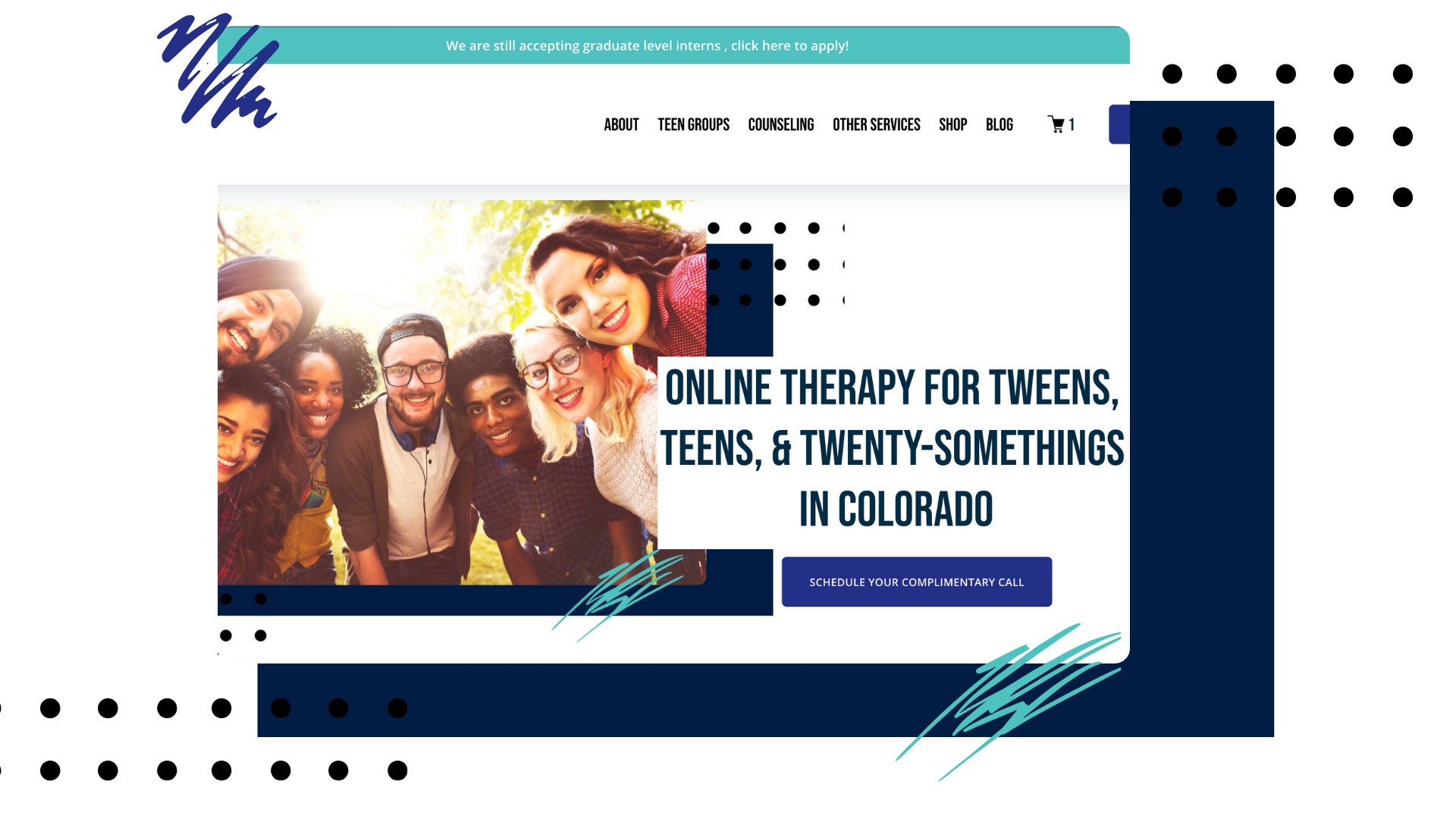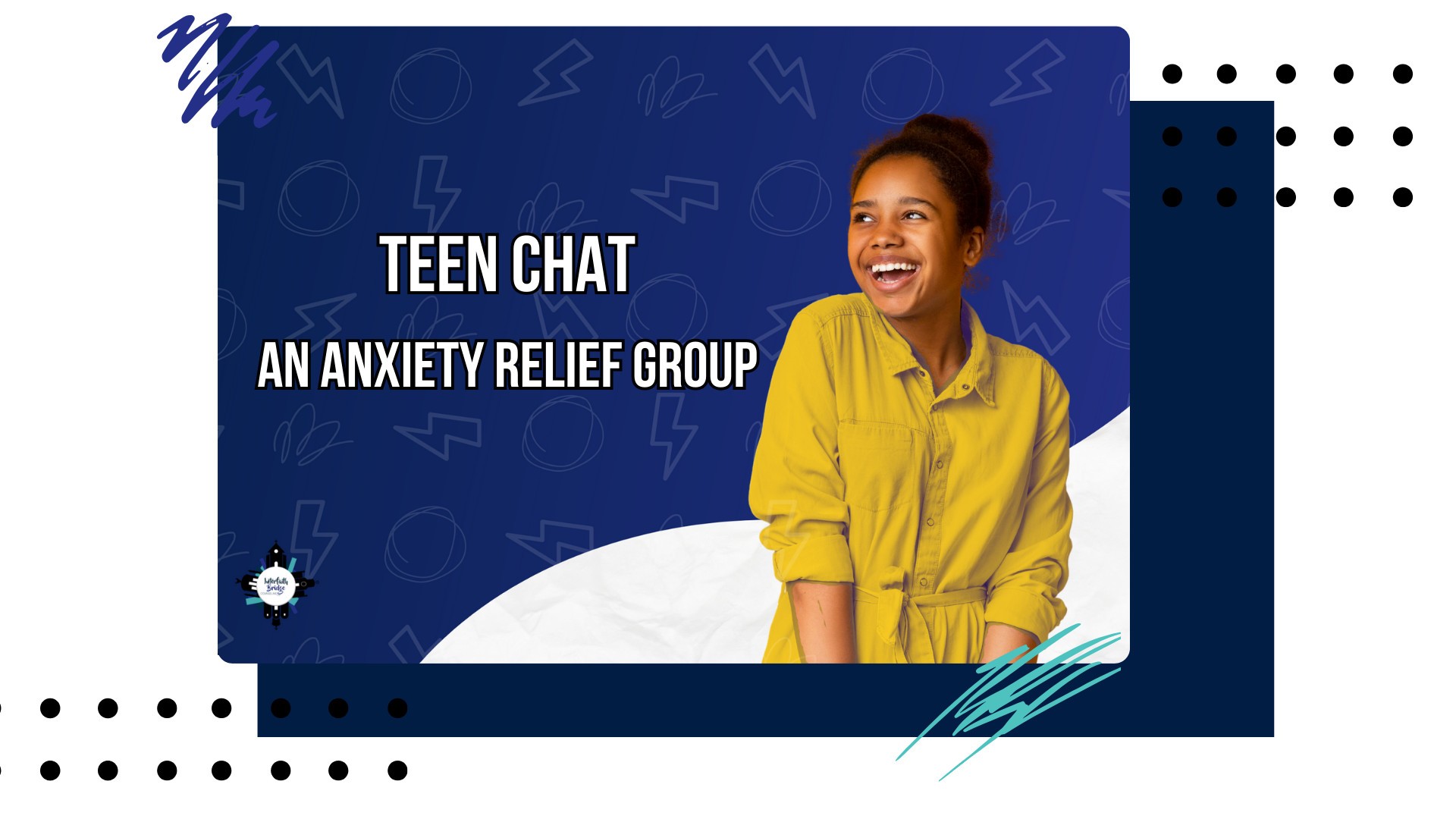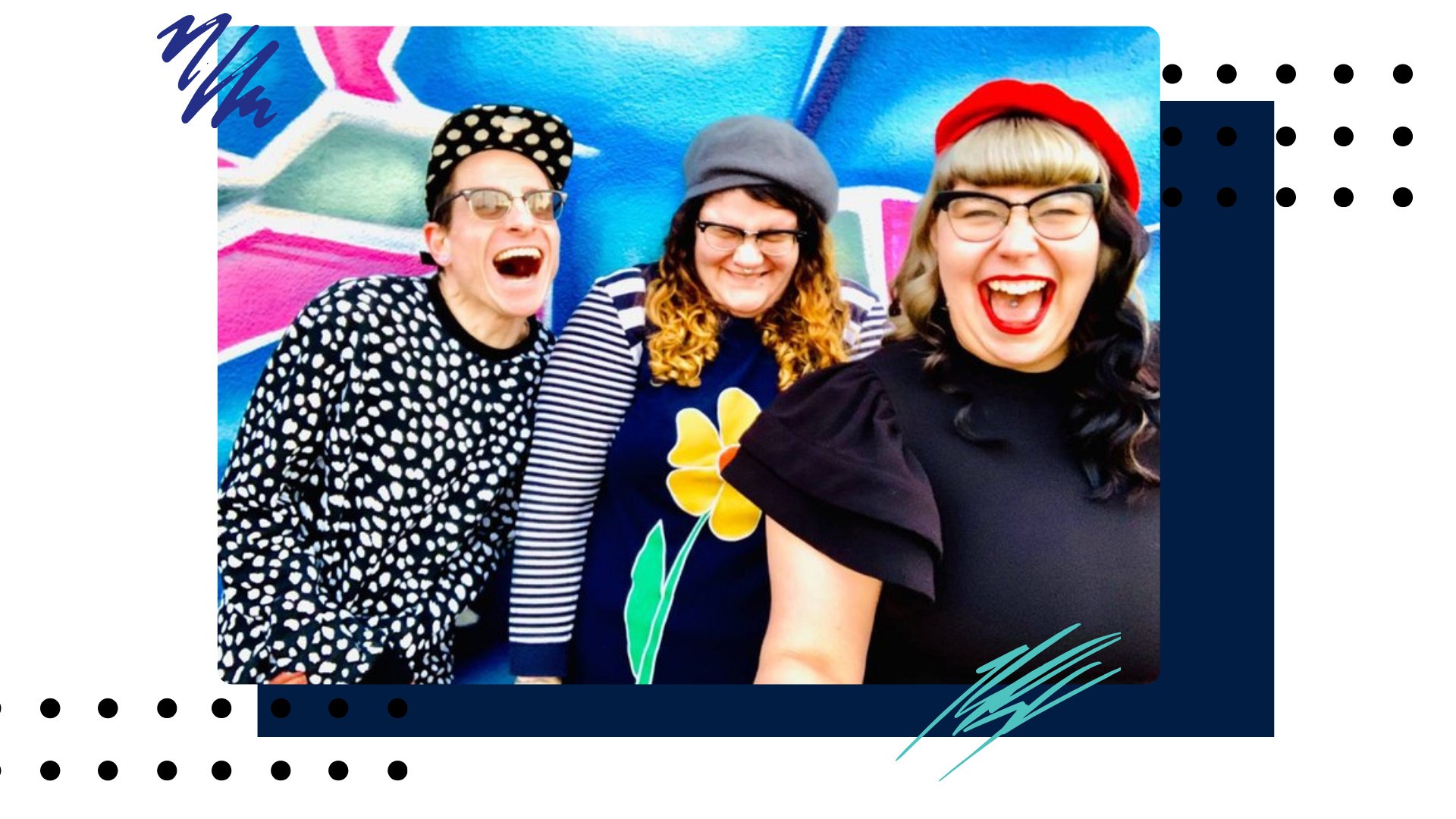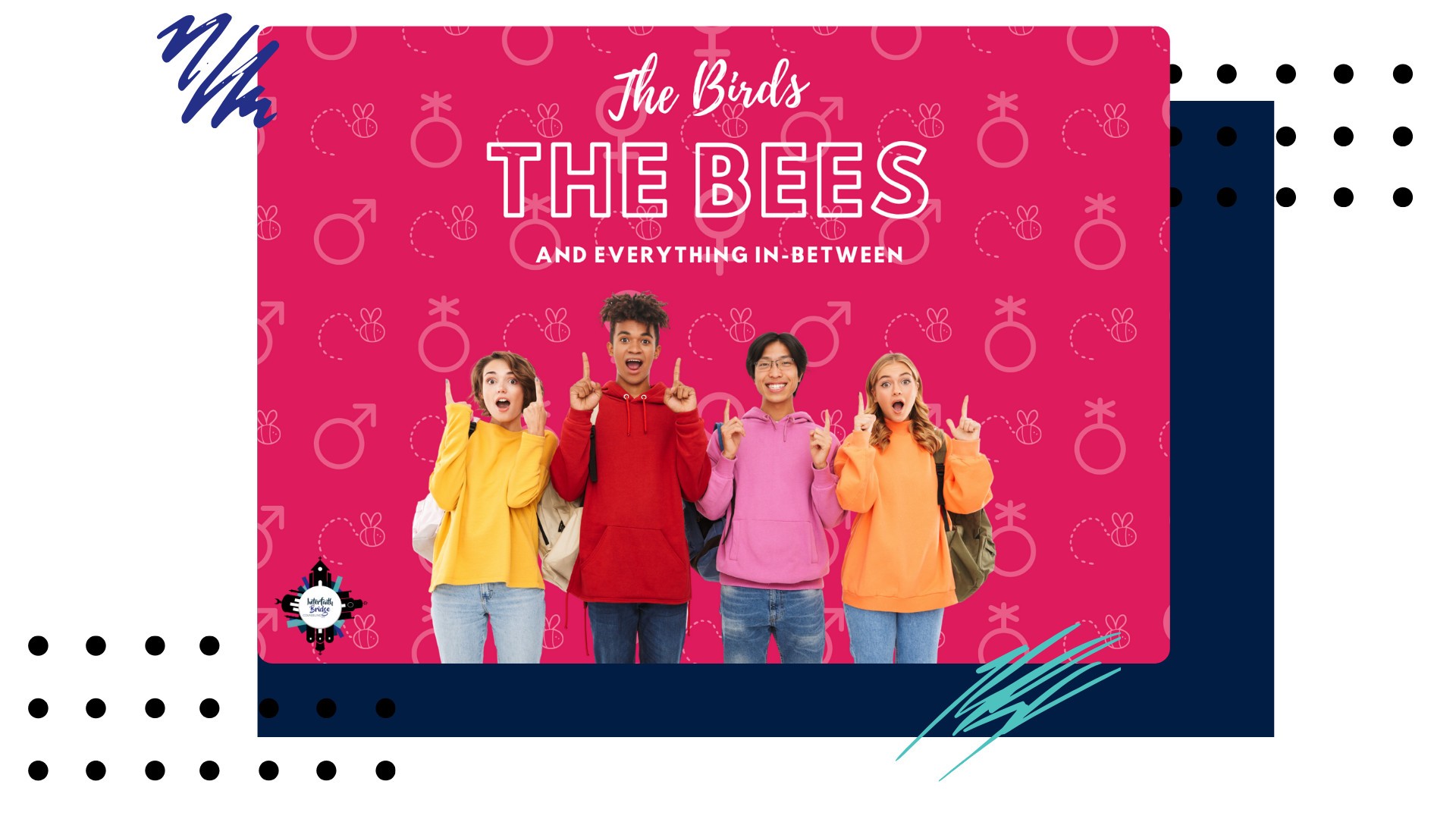We recently connected with Lena McCain and have shared our conversation below.
Lena, looking forward to hearing all of your stories today. Do you think your parents have had a meaningful impact on you and your journey?
One of the biggest things my mom did right was taking a big risk moving from small-town suburban Illinois to Phoenix, Arizona, and, for better or worse, with little to no warning. Of course at the time this was a bit of a shock, as you can imagine. But as a young teen with Ehlers Danlos Syndrome (EDS) and Postural Tachycardia Syndrome (POTS), I was just starting to acknowledge a lifelong disability in the Midwest suburb, and that made the world and its possibilities can start to seem pretty small and kind of bleak. You can kind of start to look at the models of adulthood you’ve been surrounded with in your immediate family and start to assume that those ways of living are the only ones. Yet my mother knew that didn’t have to be the case.
By moving us to Phoenix, a much bigger city in a different region, the possibilities for my life really opened up, and I began to understand that there were other models of adulthood that I could aspire to. I joined a youth group which proved to be pivotal to my understanding of myself as a teen that I never would have gotten from suburban Illinois and eventually led me down the path to being a teen therapist.


Lena, love having you share your insights with us. Before we ask you more questions, maybe you can take a moment to introduce yourself to our readers who might have missed our earlier conversations?
I am the Founder and Clinical Director of Interfaith Bridge Counseling, which provides person-centered, liberation-based counseling for tweens, teens, and young adults with a focus on personal growth, community healing, and multicultural values. We consider ourselves to be a mental health organization rooted in disability justice and a long-term focus on changing thought patterns and behaviors through one’s values and beliefs about the world. The clinical approach Interfaith Bridge offers follows a person-centered and liberation-based approach – and that’s because we believe our clients are the experts in their own lived experience. We encourage them to be the driver of their own processes in our work together. That means that as a client, you are the one choosing the focuses of your therapeutic experiences, and that we focus on what’s important to you so that we can get the outcomes you’re looking for in your therapeutic support.

Can you tell us the story behind how you met your business partner?
I don’t necessarily have a business partner, but I do have an instrumental member of my team that helped make Interfaith Bridge Counseling a reality, and that is our External Operation Director, Brad Krautwurst. And if we’re being 100% honest, we met in college during our undergrad years. To say that we immediately hit it off would be… well, a lie, because at first we definitely clashed. But over the years they became a friend of mine, and then we became the best of friends. Together, we’ve worked on projects and organizations of all kinds over the years. When Interfaith Bridge began to form in my mind, it just made sense to bring them onto Interfaith Bridge, where they have a unique ability to really act as sounding board to bounce ideas off of and collaborate with on the overall direction of Interfaith Bridge, and help us get to where we are today.

Learning and unlearning are both critical parts of growth – can you share a story of a time when you had to unlearn a lesson?
The biggest thing I’ve had to unlearn over the years is my perfectionism. Due to a pretty large amount of factors that I could write a book about themselves (maybe I’ll write that someday!), perfectionism has been kind of baked into my professional life almost from the get go. But when you are disabled and the owner of a business, and truly relying only on yourself for income, that perfectionism can really get in the way. It was pivotal that I began realizing that everything in fact doesn’t have to be perfect, and that in the end, humans are supposed to be imperfect. And while I may be a business owner, disabled, and so much more, I am first and foremost…human.

Contact Info:
- Website: https://www.interfaithbridge.com
- Instagram: https://www.instagram.com/interfaithbridge/
- Facebook: https://www.facebook.com/InterfaithBridge
- TikTok: https://www.tiktok.com/@lenahilder


